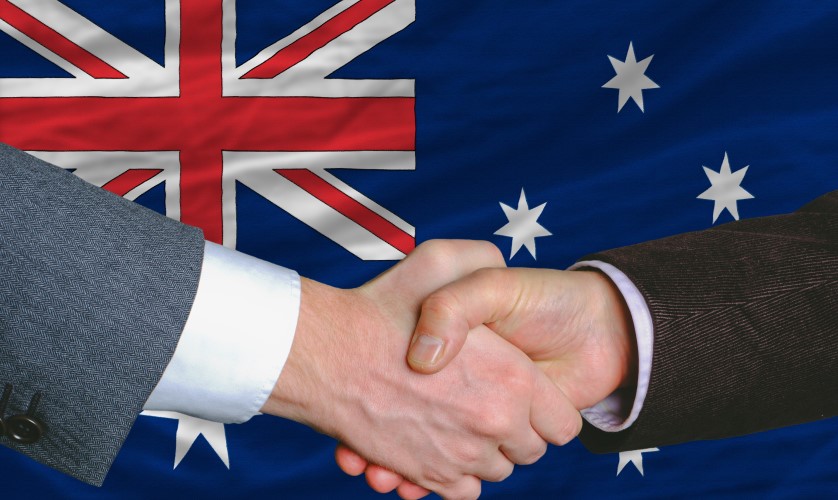Displacement of Irish beef due to UK-Australian trade deal “highly unlikely”, says BRC
Director of the British Retail Consortium (BRC) Andrew Opie told an Efra Committee panel that the event of Australian beef replacing Irish beef as a top British import wasn’t expected.

Opie added that the only potential for displacement could be found in steak imports, as the current demand is for primarily British. He said: “It would be difficult to displace Ireland for beef as they are such a great producer.”
Limited impact on availability and prices
Speaking about the overall impact of the trade deal on UK food prices, Opie said that a number of factors, including ongoing price inflation, would mean that the financial gain from the UK-Australian trade deal would be minimal. He explained that “80% of imports for UK supermarkets come from the EU, only a marginal amount [of imports] come from Australia. Even if [the markets] was to grow over the next decade, it’s going to have a very limited impact on both availability and prices.”
When asked about the importance of price to British consumer buying decisions, Opie replied that while price is important, “people buy on value.” He explained: “With red meat, price is slightly less important […] people also want to know about the provenance, country of origin and some of the environmental factors involved [in producing the meat].”
He added, however, that consumers faced with price decisions to make on a tough budget may be swayed to choose price over provenance.
Impact on food standards
Also speaking at the meeting, Sue Davies MBE, head of consumer rights and food policy at Which? said that the “biggest issue” the company sees with the trade deal is its impact on food standards.
She cited the results of various company surveys which suggest that food standards are “really important to consumers”. She said that time and time again, those surveyed vote “overwhelming” in favour of food safety and animal welfare when it comes to reasons for buying meat in supermarkets.
Speaking about Defra’s ongoing consultation on the labelling of products with regard to animal welfare, Davies further underlined the importance of maintaining animal welfare standards throughout this new initiative. She said: “Labelling is not a substitute for importing product with lower standards.”
Davies added that, going forward, there would need to be a transparent process involving the Food Standards Agency and Food Standards Scotland to ensure that aspects of the deal “don’t lead to a gradual unwinding of standards.”

 Women In Meat Industry Awards announce 2022 celebrity host
Women In Meat Industry Awards announce 2022 celebrity host Risk to food security due to Ukraine conflict, warns 2 Sisters boss
Risk to food security due to Ukraine conflict, warns 2 Sisters boss
